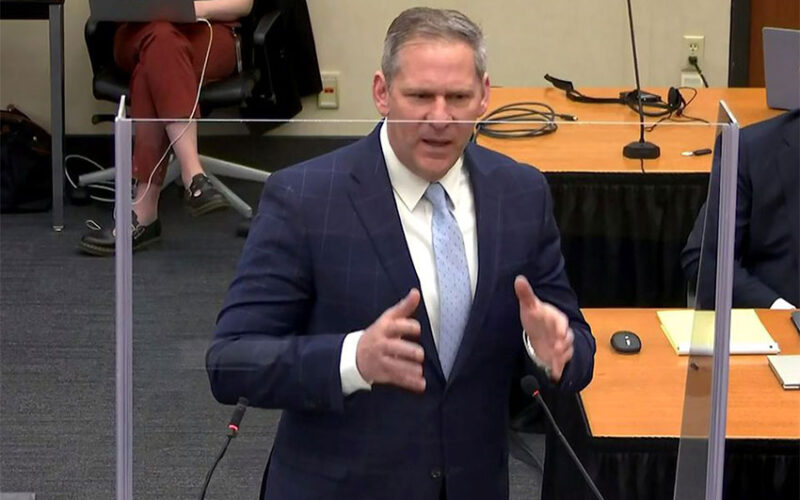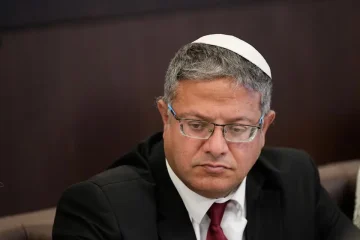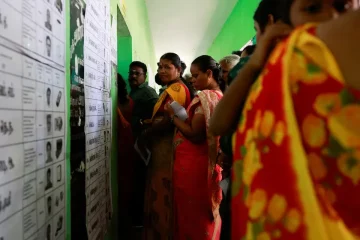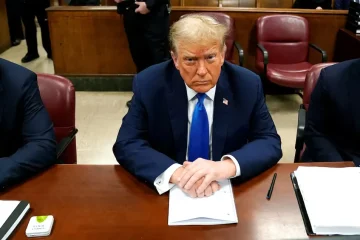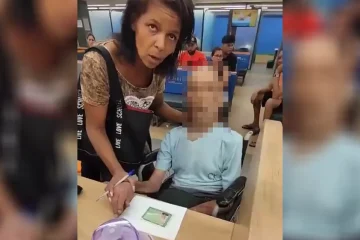JONATHAN ALLEN
A prosecutor told the jury that former Minneapolis policeman Derek Chauvin betrayed his badge and murdered George Floyd in last year’s deadly arrest as closing arguments began in Chauvin’s trial.
Over and over again, Steve Schleicher, a prosecutor with the Minnesota attorney general’s office, repeated a phrase: “Nine minutes and 29 seconds,” — the length of time Chauvin was captured on video on May 25, 2020, kneeling on the dying Floyd’s neck.
Schleicher emphasized that the jury was weighing the guilt of only one man, although their verdict will nonetheless be widely seen as a reckoning in the way the United States polices Black people.
“This is not a prosecution of the police,” Schleicher told jurors. He cited the motto of the Minneapolis Police Department, which fired Chauvin and three other officers involved the day after Floyd’s arrest: “To protect with courage and to serve with compassion.”
“George Floyd was not a threat to anyone,” Schleicher said. “Facing George Floyd that day that did not require one ounce of courage, and none was shown on that day, no courage was required. All that was required was a little compassion and none was shown on that day.”
Chauvin, who is white, pushed his knee into the neck of Floyd, a 46-year-old handcuffed Black man, for more than nine minutes outside the grocery store that had accused Floyd of using a counterfeit $20 bill to buy cigarettes.
“He was trapped with the unyielding pavement beneath him, as unyielding as the men who held him down,” Schleicher said, before playing some of the extensive video of Floyd’s death. “What the defendant did not was not policing. What the defendant did was assault.”
Chauvin has pleaded not guilty to second-degree unintentional murder, third-degree “depraved mind” murder and second-degree manslaughter. He waived his right to testify before the jurors, and his lead lawyer, Eric Nelson, was due to present his own closing argument later on Monday.
A bystander’s video of Floyd begging for his life before falling limp scandalized people around the world. An image of Floyd’s face has since been elevated to an icon for the largest protest movement in the United States in decades.
The Hennepin County chief medical examiner ruled Floyd’s death a homicide at the hands of the police.
Prosecutors say Chauvin used unreasonable, and therefore illegal, force in compressing Floyd’s neck and torso against the road in a way that starved him of oxygen.
Chauvin’s lawyers argued that he correctly followed the training he received over 19 years with the Minneapolis Police Department and sought to raise doubts about the cause of Floyd’s death.
Hennepin County District Judge Peter Cahill defined some important terms for the jurors in the charges before them, such as “great bodily harm” and “cause of death.”
“The fact that other causes contributed to the death does not relieve the defendant of criminal liability,” Cahill said, reading from written jury instructions, copies of which were also provided to jurors.
National news networks carried live broadcasts of much of the testimony after the first of more than 40 witnesses took the stand three weeks ago, though the coverage was sometimes interrupted by fresh episodes of police violence caught on camera.
The closest instance occurred just a few miles from the courthouse in downtown Minneapolis when a white police officer fatally shot a Black motorist, Daunte Wright, on April 11 in the suburb of Brooklyn Center after trying to arrest him on the belief he had missed a court appearance. The officer, Kimberly Potter, had meant to use her Taser to stop him driving away but pulled out the wrong weapon, police say. She has been charged with manslaughter.
As angry protests swelled, Minneapolis and state officials have ramped up security precautions in the city. The tower in which the courtroom sits is ringed by barbed wire, high barriers and armed soldiers from the National Guard, and nearby businesses have boarded up their windows. Giant drab-colored military vehicles have become a common sight in city streets.
For the second-degree murder charge, 12 jurors will have to agree that prosecutors proved beyond a reasonable doubt that Chauvin committed a felony, in this case assault, that was a substantial cause in Floyd’s death. They do not have to find that Chauvin intended to kill Floyd.
That crime carries a punishment of up to 40 years in prison, although Minnesota sentencing guidelines call for a shorter sentence of up to 15 years for someone such as Chauvin with no prior convictions. Prosecutors have asked Hennepin County District Judge Peter Cahill to depart from those guidelines and give Chauvin more time if convicted.
The jury, along with two alternates, is comprised of six white women, two white men, three Black men, one Black woman and two multiracial women, according to court records. Once they receive the case, they will be sequestered in a hotel outside of deliberation hours.

